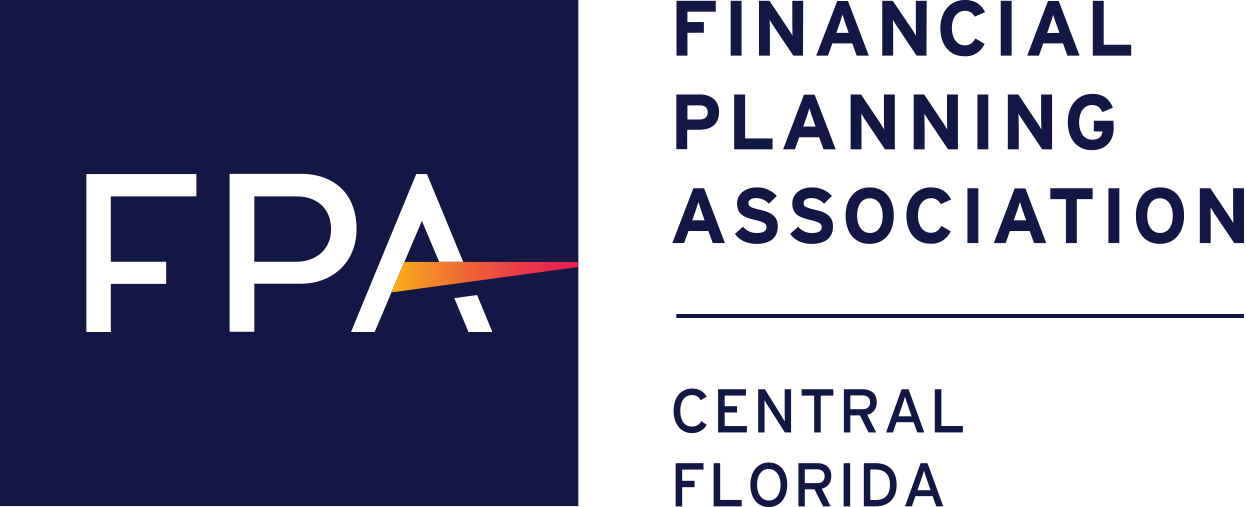
What We Can Learn from Millennials About Managing Our Finances
 Each generation is defined by a unique set of shared experiences, experiences that shape the choices members of that generation make about money and their finances. Having come of age in the 60s and 70s, amid Watergate and the Vietnam War, Baby Boomers have a flair for independence, even rebelliousness, some would say, but also a tendency toward materialism. Members of Generation X, meanwhile, are caught in the middle —between the analog world in which they grew up and the digital age they have watched emerge as adults, and, from a financial standpoint, between the employer-funded pension plans to which so many of their parents had access and the fund-it-yourself retirement plans that prevail today. Then there are Millennials, digital natives whose apparent sense of financial restraint is born of their experience with economic upheaval, skepticism about the financial “system,” a heavy college loan burden and struggles finding gainful employment.
Each generation is defined by a unique set of shared experiences, experiences that shape the choices members of that generation make about money and their finances. Having come of age in the 60s and 70s, amid Watergate and the Vietnam War, Baby Boomers have a flair for independence, even rebelliousness, some would say, but also a tendency toward materialism. Members of Generation X, meanwhile, are caught in the middle —between the analog world in which they grew up and the digital age they have watched emerge as adults, and, from a financial standpoint, between the employer-funded pension plans to which so many of their parents had access and the fund-it-yourself retirement plans that prevail today. Then there are Millennials, digital natives whose apparent sense of financial restraint is born of their experience with economic upheaval, skepticism about the financial “system,” a heavy college loan burden and struggles finding gainful employment.
From these generational distinctions come opportunities for Baby Boomers (born 1946 to 1964), Gen Xers (born 1965 to 1980) and Millennials (born 1981 to 1997) to learn positive financial practices from one another — to benefit by borrowing certain approaches, priorities and behaviors from members of another demographic group.
“We’re all in this together, so we all need to rely on each other,” observes Certified Financial Planner™ Douglas A. Boneparth, 32, who heads Bone Fide Wealth, a Millennial-focused firm based in New York City. “We work best when we can tap into each other’s strengths.”
This article is the first in a series of three that will explore what each of the aforementioned three generations — Boomer, Gen X and Millennial — have to teach the others about money and managing their financial lives. The series begins with a look at what we can learn from the youngest of the three, Millennials.
Millennials are highly value-conscious. Experiences such as the Great Recession have taught them to be “more careful about how they spend their money, particularly on big purchases.” In this way, he says, they’re similar to members of the Silent Generation — seniors born during World War Two and earlier.
The large debt burden that many Millennials carried into adulthood as a result of student loans makes them extra wary of taking on too much debt. Whereas Boomers are perhaps known for their creative — and sometimes, perhaps, reckless — use of debt and leveraging, Millennials “are thinking more critically” about adding to their debt burden, says Boneparth.
Millennials tend to prioritize experiences over material things, according to Boneparth. Generally speaking, they’re less concerned with owning and accumulating “stuff” and instead prefer to connect with the world through first-hand experience. The mindset that drives them: “Things come and go, but you only get one life, so let’s get out and live it.”
They focus on the “why” behind saving money and building assets. “I think one thing Millennials do well is to place meaning on wealth before they accumulate it,” posits Hui-chin Chen, a Certified Financial Planner™ with Pavlov Financial Planning, a Millennial- and Gen X-focused firm in Arlington, VA. “Our parents’ generation tends to focus on accumulating so [they] can do whatever they want, but they don't necessarily have an idea what they really want to do after they've earned the money. By focusing on the ‘why’ first, Millennials are more likely to be strategic about their investments — [focusing] not just on wealth, but on the life they wish to live,” and using their wealth to fulfill their life goals.
Millennials embrace apps and other digital tools to help manage their finances. Having come of age in the era of mobile devices and apps, Millennials are comfortable integrating these tools into their financial lives, saving them time and simplifying certain aspects of managing their money, observes Certified Financial Planner™ Samuel Boyd of Capital Asset Management Group in Washington, DC. “As digital natives, Millennials are harnessing technology better than any other group of clients I service. From Mint.com to applications like Acorns, Digit and Robin Hood, they are leveraging low-cost, high-efficiency [digital] platforms.”
Millennials are open-minded about where and how they earn their income. Compared to members of preceding generations, “Millennials seem to be much more flexible about increasing their income by taking additional jobs,” asserts David J. Haas, CFP®, who heads Cereus Financial Advisors in Franklin Lakes, NJ. “They might have a full-time job, but [also] still participate in the Gig economy by driving for Uber or doing freelance work to help pay off their student loans.” They’re willing to "do what it takes to make enough money for their lifestyle.”
